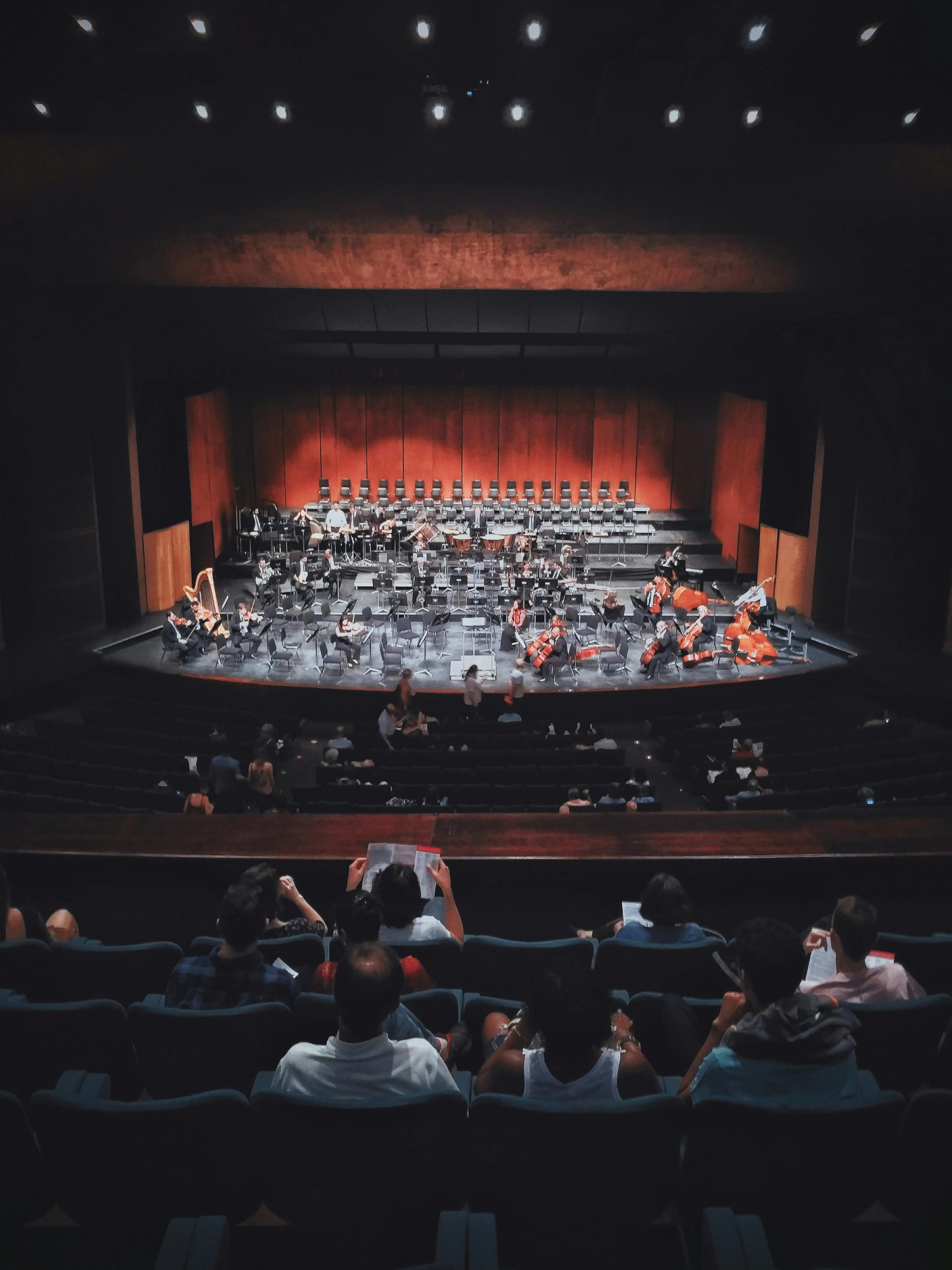How Performing Arts Enhance Emotional Intelligence in Learners
Emotional intelligence is a key component of success in both personal and professional life. Individuals with high emotional intelligence are better able to navigate complex social situations, manage stress, and build strong relationships. One powerful way to enhance emotional intelligence is through participation in performing arts.
The Role of Performing Arts in Emotional Intelligence Development
Performing arts, including theater, dance, music, and visual arts, provide individuals with a safe and creative outlet to express their emotions and explore their inner world. Through the process of rehearsing and performing, individuals are able to delve deep into their own emotions and experiences, leading to greater self-awareness and empathy towards others.
Furthermore, participating in performing arts requires individuals to work collaboratively with others, fostering skills such as communication, teamwork, and conflict resolution. This collaborative process encourages individuals to develop a greater understanding of others’ perspectives and emotions, building empathy and interpersonal skills.
Building Empathy Through Performance
One of the key components of emotional intelligence is empathy, the ability to understand and share the feelings of others. Performing arts provide individuals with a unique opportunity to step into the shoes of different characters, experiencing their emotions and perspectives firsthand.
Through portraying diverse characters and stories, individuals are able to develop a more nuanced understanding of human emotions and experiences. This increased empathy translates into real-world situations, helping individuals build stronger relationships and navigate social interactions with greater ease.
Stress Relief and Emotional Regulation
Participating in performing arts can also be a powerful tool for stress relief and emotional regulation. The process of rehearsing and performing allows individuals to channel their emotions in a productive and creative way, reducing stress and promoting mental well-being.
Furthermore, the act of performing in front of an audience can be a cathartic experience, allowing individuals to release pent-up emotions and connect with their own vulnerability. This process of emotional expression and release can lead to greater emotional self-regulation and resilience in the face of challenges.
Enhancing Communication Skills
Effective communication is a key component of emotional intelligence, enabling individuals to express their thoughts and feelings clearly and empathetically. Participating in performing arts fosters strong communication skills, as individuals must effectively convey emotions, intentions, and messages to their audience and fellow performers.
Through the process of rehearsing and performing, individuals learn to use nonverbal cues, tone of voice, and body language to convey emotion and meaning. This heightened awareness of communication signals translates into improved interpersonal skills and a deeper understanding of others’ emotions and perspectives.
Cultivating Self-Awareness and Personal Growth
Finally, engaging in performing arts can lead to greater self-awareness and personal growth. Through the process of embodying different characters and stories, individuals are able to explore and understand their own emotions, motivations, and values on a deeper level.
As individuals confront and express their own emotions through performance, they develop a greater sense of authenticity and self-acceptance. This increased self-awareness lays the foundation for emotional intelligence, enabling individuals to navigate their own emotions and relationships with greater clarity and empathy.
Conclusion
Participating in performing arts is a powerful way to enhance emotional intelligence in learners. Through the process of rehearsing, performing, and collaborating with others, individuals develop greater self-awareness, empathy, communication skills, and emotional regulation. These skills not only enhance personal well-being but also enable individuals to build strong relationships, navigate social situations, and succeed in their personal and professional endeavors.


